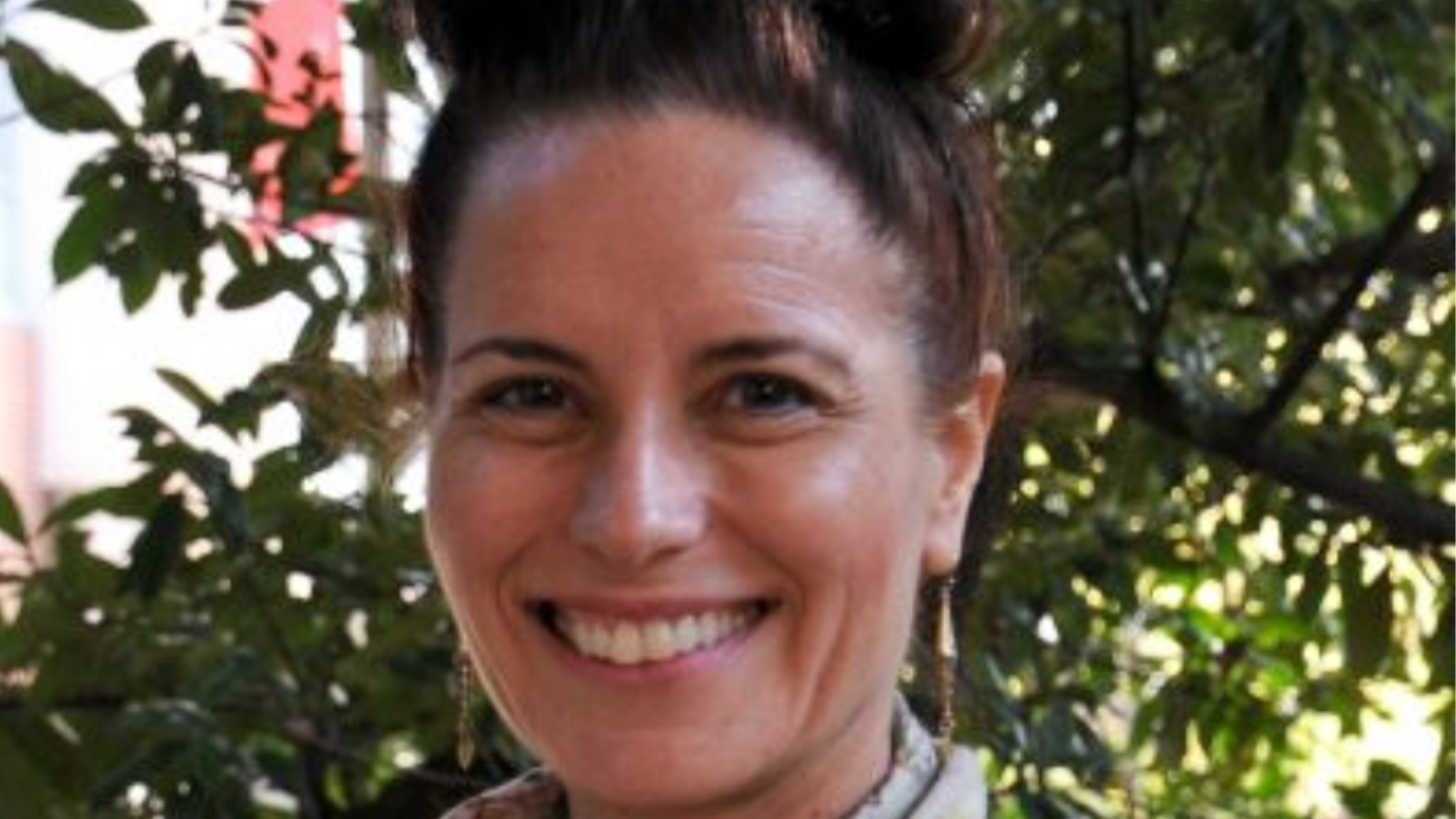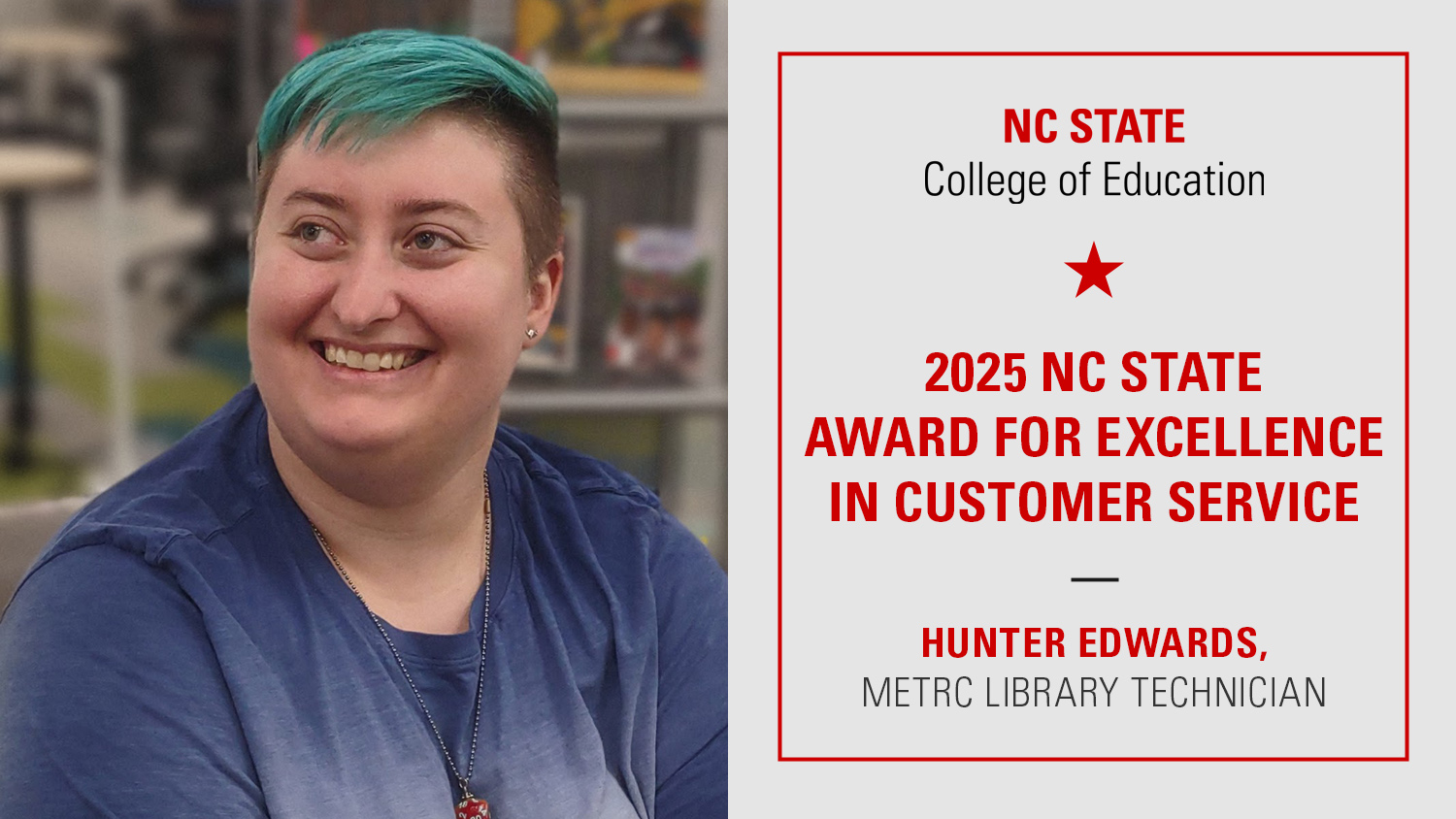Professor Sylvia Nassar Addresses Global Unemployment Issues Through Career Builders Toolkit Project

Over the course of 30 years working with issues related to career counseling, Sylvia Nassar, Ph.D., a professor of counselor education at the NC State College of Education, realized that there were no uniform interventions to address the vast, worldwide problem of unemployment, particularly among younger populations.
“Youth unemployment issues lead to an underdeveloped labor market in both domestic and global economies. More importantly, though, effective interventions are needed in order to tighten gaps in education and career arenas,” Nassar said. “The assumption underlying my work is that everyone has the right to decent work opportunities. It is a social justice issue because unemployment often plagues marginalized populations within societies, particularly those who already live in poverty.”
Four years ago, she began to develop a solution to this issue when she received a visiting scholar award from RTI International. She served as a collaborator with the Global Development Group, where she focused on curriculum development and program evaluation of workforce development projects around the world to address the issue of youth unemployment.
Her work culminated in the development of the Career Builders Toolkit, which serves as a guide for creating, evaluating and enhancing career counseling and youth workforce support programs in global workforce development. The guide is targeted at those working with people between the ages of 15 and 24, who are three times more likely than adults to be unemployed.
“Despite the desperate need, there really hasn’t been a global consensus on how to tackle the problem of unemployment effectively. Part of the big picture problem is that, in addition to various disciplines and professions related to addressing workforce development each having their own priorities and methods of operation, the folks across the domains of research, practice and policy were not communicating,” Nassar said. “The Career Builders project was an opportunity for me to really gain some traction in moving the agenda forward.”
The development of the Toolkit, which was co-authored by Nassar’s then-doctoral student, Aisha Al-Qimlass ‘17PHD, began with a large-scale synthesis of literature related to vocational education and career development across research, policy and practice. Nassar, Al-Qimlass and former doctoral student Lynn Zagzebski Tovar ‘16PHD, then conducted an international study across all three domains, gaining consensus from experts to determine best practices related to global career and workforce development.
This study resulted in the identification of six best practices — holistic, systemic and comprehensive frameworks, needs assessment, trainer curriculum, participant curriculum, delivery and assessment — that inform the Toolkit, which is available for free on the RTI International website.
Since its publication, the Toolkit has been used by researchers, practitioners and policy makers both in the United States and internationally.
“It has facilitated critical conversations among the policy, practice and research domains. In moving the workforce development agenda forward with these individuals and groups collaborating with one another, improved and enhanced career development interventions will reach more constituents and, ideally, yield better employment outcomes for these individuals and their communities,” Nassar said.
Following the publication of the Toolkit, Nassar, Al-Qimlass and Nurten Karacan-Ozdemir, Ph.D., a Turkish colleague, co-authored a 2019 article illustrating how its six outlined best practices could be successfully used as an evaluation tool for a recently implemented career development curriculum rolled out by the Turkish government. Nassar then collaborated with a team in Turkey to study the way the career development curriculum was being delivered across five schools, using the Toolkit as an evaluation instrument to identify recommendations for research, practice and policy to improve the career development service delivery throughout that country.
Nassar’s work on the Career Builders Toolkit — along with her work related to multicultural social justice career counseling and mentorship of graduate students and junior colleagues — led to her receiving the National Career Development Association’s Diversity Initiative Award in 2019.
The award recognizes scholars who demonstrate a high degree of cultural responsiveness within the domain of career related activities through their initiatives by enhancing understanding of the complex career development needs of diverse populations, contributing to the professional growth of culturally competent career counselors, providing mentorship for diverse graduate students and professionals and advocating for systemic changes that lead to a reduction of barriers impacting career development.
“My Career Builders project was one that connected so many dots for me, across globally diverse populations as well as across policy, practice and research domains. I also realized how many junior colleagues had gotten involved in my career development initiatives and in my publications,” Nassar said. “I was very honored by the nomination and it was personally satisfying for me to have the opportunity to see how everything was tying together through my Career Builders project and how impactful that project and its outcomes could be in the future.”
- Categories:


